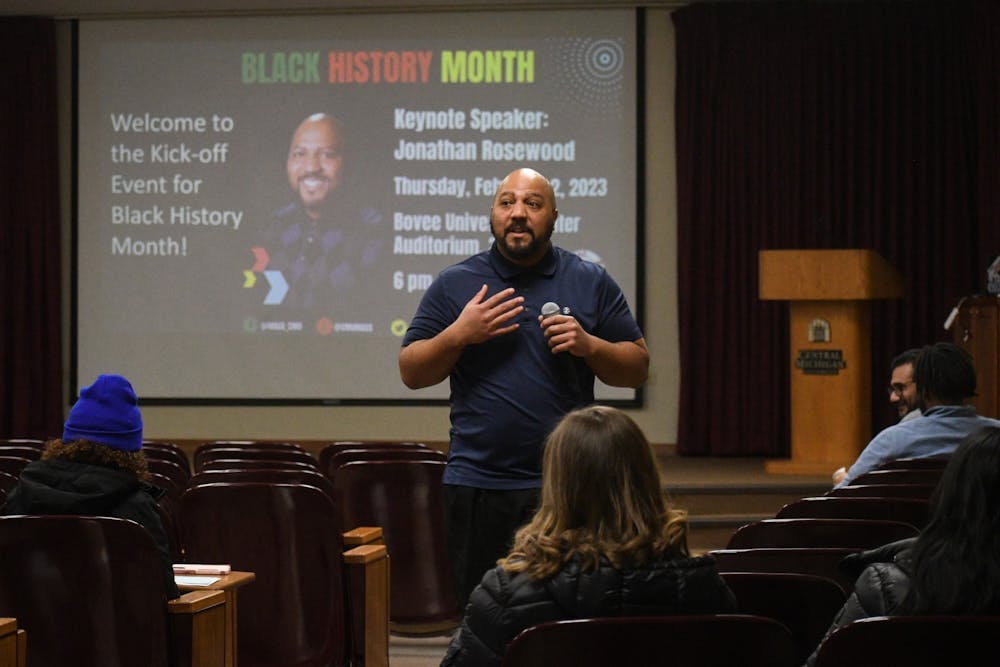EDITORIAL: ‘Let us continue to remember’: Black history month

As Black History Month is upon us, it’s important for students, faculty and community members to understand the meaning of this annual tradition, but to also challenge it — to want more from it.
So, how did Black History Month start? As National Geographic puts it, in 1926, the Association for the Study of Negro Life and History coined the second week of February as “Negro History Week” as a means of recognizing “the contributions of African Americans to U.S. history.”
Before the commemorated history week, there were no records of Black history included in textbooks, according to National Geographic.
Black History Month emerged in 1976, 50 years after the designated history week was enacted. This was a result of former U.S. President Gerald Ford proclaiming that, “Black Americans in every area of endeavor throughout our history,” have had accomplishments consistently neglected, National Geographic said.
Is this the true meaning of Black History Month? To take 28 days of February to try and cram in all of the contributions that Black people have made to U.S. history? It is, of course, a necessary tradition; as Ford said, America has continued to neglect Black achievements time and time again.
However, as Black History Month goes on, can we not do better? Can we not recognize Black history and Black contributions are just as relevant in U.S. history classes all year round? It can almost be seen as belittling to dedicate one month out of 12 to say, “Here’s what you ‘contributed,’" as though that is all that matters to U.S. history.
What about existing in a world where you are consistently targeted and stereotyped for the color of your skin? What about educating everyone on what it means to be Black in America and how those who are not Black can be better allies and break out of stereotyping?
What about having these important conversations starting in elementary classrooms when children are just learning about the world and their place in it? Or, having a requirement in high school and college to diversify and expand knowledge beyond the typical Founding Fathers' U.S. history basics?
We can do better. The world can do better. But it starts with us, our generation. And this is not just for Black History Month, but also National Native American Heritage Month, Asian Pacific American Heritage Month, National Hispanic Heritage Month and others.
Therefore, get involved on campus this Black History Month. Attend the events that Multicultural Academic Student Services (MASS) has put together to celebrate and educate students, faculty and community members. Get outside of your comfort zone, make new friends that don’t look just like you and make people feel welcome just as you wish to feel welcome when you walk into a room.
Go above and beyond. Do not repeat the mistakes that have become second nature — to forget. Once Black History Month comes to a close, and Asian Pacific American Heritage Month approaches, let us not forget the Black community.
Let us continue to strive to put together events on campus for everyone as a means of inclusion, and education. Let us continue to integrate courses revolving around culture and history that is not written from the perspective of a white man. Let us continue to remember and never forget.






